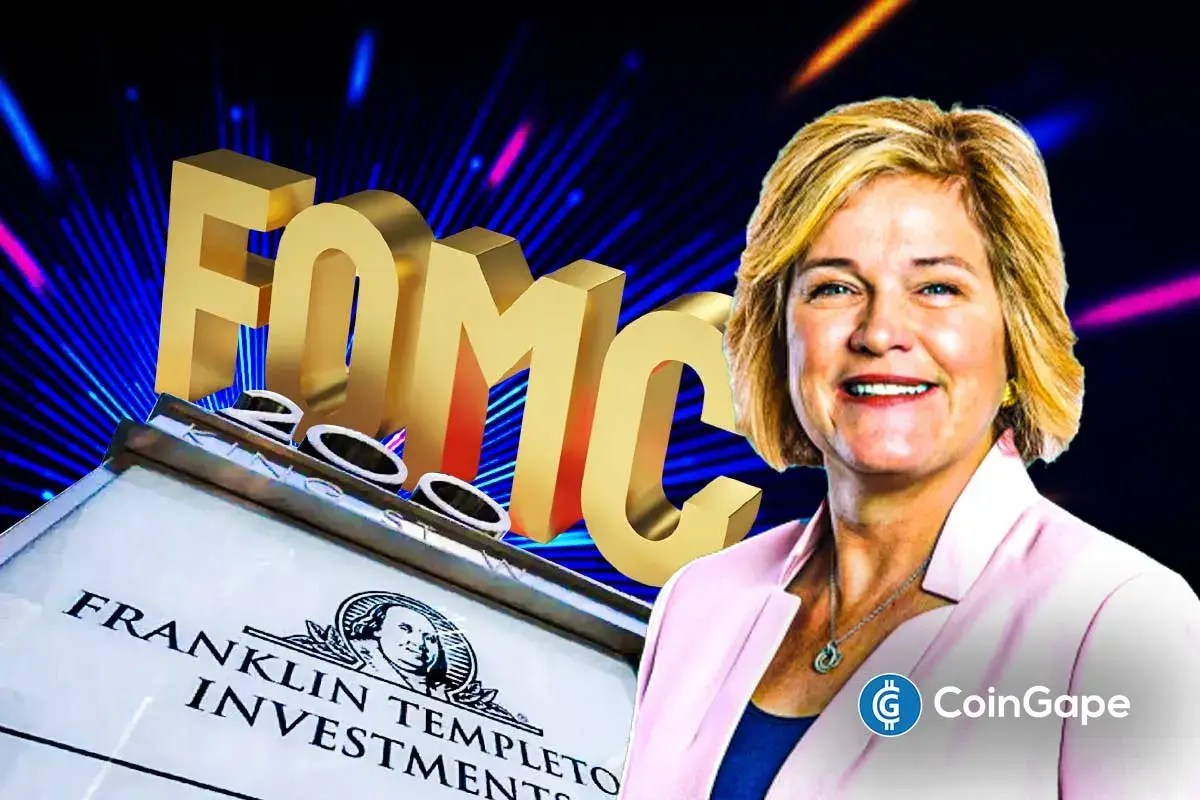Taiwan Semiconductor (TSM) Stock: Why Analysts See 29% Upside From Current Levels
TLDR
- TSM stock trades around $278 as of November 2025, up 38% year-to-date and 45% over the past year
- Analysts project an average price target of $549 by 2030, with bullish forecasts reaching $647
- The company maintains a P/E ratio of 29.02, lower than AI chip peers like Nvidia and AMD
- Consensus rating sits at Hold with a near-term average target of $358, implying 29% upside potential
- Geopolitical tensions between the U.S., China, and Taiwan remain the primary risk factor for investors
Taiwan Semiconductor Manufacturing stock has climbed 38% year-to-date as AI infrastructure spending continues to fuel demand for advanced chips. The company trades at $278 per share with a market cap of $1.14 trillion.
Taiwan Semiconductor Manufacturing Company Limited, TSM
Long-term investors have seen strong returns. The stock delivered a 46% gain over the past 12 months. Recent weeks showed some cooling with a 4.8% decline over the last month.
TSMC fabricates chips for major tech companies including Nvidia and AMD. The company operates as the primary manufacturing partner for next-generation AI processors. This position gives it direct exposure to global AI spending increases.
Analyst projections show mixed near-term expectations but stronger long-term potential. The current consensus rating stands at Hold with four analysts covering the stock. Price targets range from $200 on the low end to $400 on the high end.
The most recent analyst targets suggest an average price of $358, representing potential upside of 29% from current levels. Looking further out, CoinCodex forecasts point to an average price of $549 by 2030. The bullish case for that year reaches $647.
Valuation Looks Reasonable Compared to Peers
TSMC’s trailing P/E ratio of 29.02 sits below the semiconductor industry average of 33.7x. The company also trades at a lower multiple than direct AI chip competitors. Its forward P/E of 23.42 suggests the market expects earnings growth ahead.
One analyst narrative values the stock at $310 per share. This represents an 11.3% premium to current trading levels. The analysis points to TSMC’s manufacturing scale and process technology leadership as key value drivers.
The company’s price-to-earnings ratio of 22.8x falls well below the peer average of 62.5x. This gap could signal upside potential or reflect concerns about growth sustainability.
Geopolitical Risk Weighs on Outlook
Taiwan’s location creates unique challenges for the company. Tensions between the U.S., China, and Taiwan pose ongoing risks to operations. Any escalation could disrupt supply chains or limit access to key markets.
Trade policy remains another uncertainty. Tariff considerations and export restrictions could impact revenue in coming years. The company’s EV/Assets ratio of 4.01 exceeds its three-year average of 3.52.
Near-term forecasts show more caution than long-term projections. CoinCodex models predict average prices of $264.54 for 2025 and $202.07 for 2026. The bearish 2026 scenario drops to $135.39.
Major tech companies and governments continue to increase AI infrastructure budgets. TSMC stands to benefit as the primary manufacturer of advanced AI chips. The company maintains technological advantages in cutting-edge production processes.
Recent performance shows the AI growth story remains active. Year-to-date gains of 38% reflect strong investor confidence. The 45% one-year return demonstrates sustained momentum.
Analysts see the company as a lower-risk way to gain exposure to AI hardware trends. Its manufacturing dominance and established client relationships provide revenue stability. Record profits and ongoing fab expansion support the growth case.
The post Taiwan Semiconductor (TSM) Stock: Why Analysts See 29% Upside From Current Levels appeared first on CoinCentral.
You May Also Like

Shocking OpenVPP Partnership Claim Draws Urgent Scrutiny

Franklin Templeton CEO Dismisses 50bps Rate Cut Ahead FOMC

